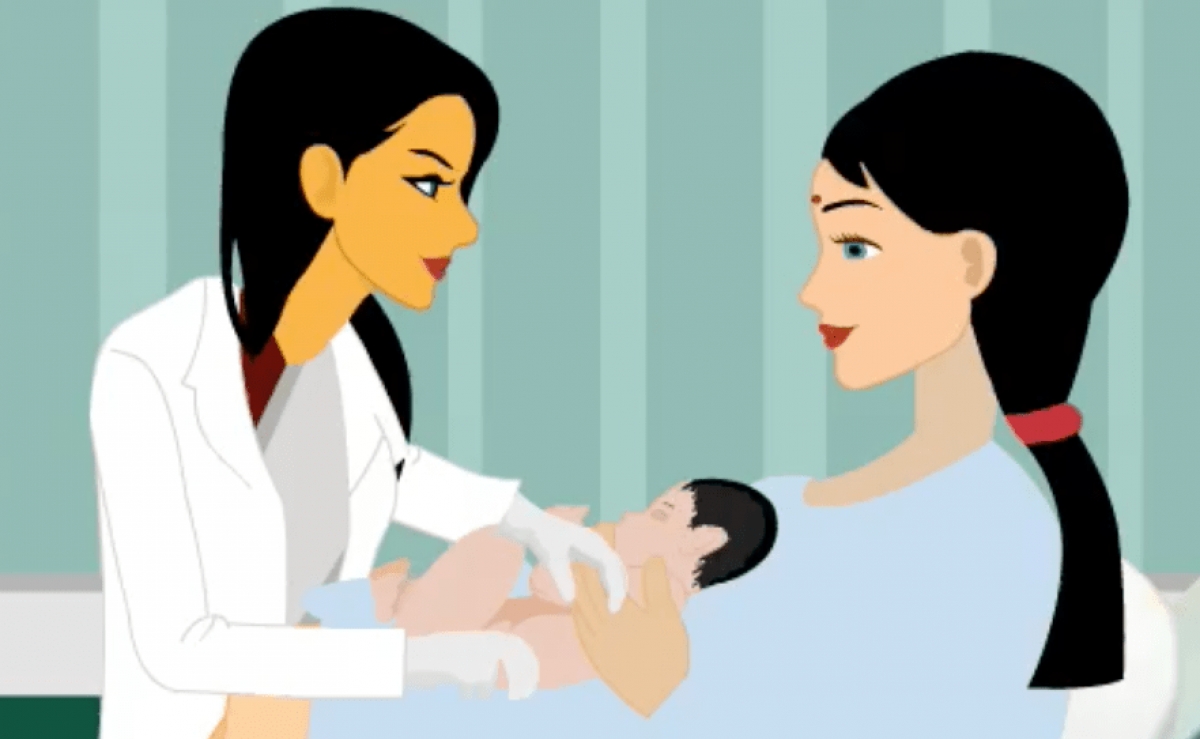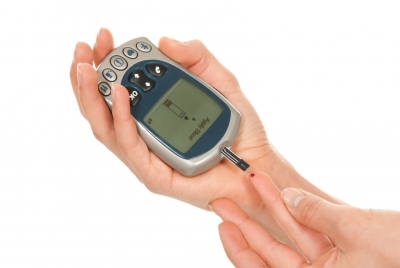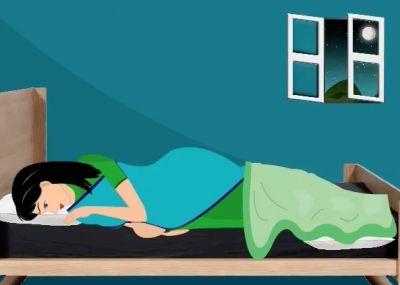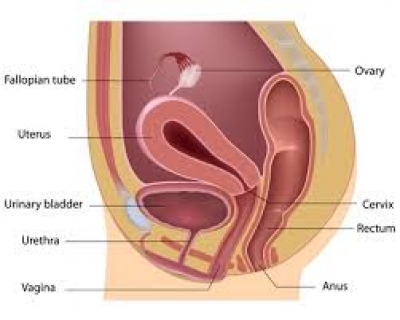What is insulin resistance?
Insulin is generally produced by the pancreas on detecting glucose in the blood after you have a meal. Insulin then pushes the glucose into the cells so it can be utilised for producing energy. Excess glucose is converted into glycogen and fat and stored in the liver and used in times of fasting. But, in this age of plenty, when we are eating food (especially carbohydrates like polished rice, wheat and sugar) constantly, there is a corresponding sustained increase in blood sugar. The pancreas senses this high sugar in the blood and produces insulin in order to bring the level of the sugars down and push glucose inside the cell. Over the years, this constant high levels of glucose, puts strain on the pancreas, which has to work overtime to produce increasing insulin. As the cells are exposed to increasing insulin, they begin to develop tolerance to Insulin. Thus, giving rise to Insulin resistance, where the cells of the body will not be able to use the insulin to open the gates. The glucose begins to build up in the blood and because there is this glucose build up in the blood, and Pancreas (whose job is to release insulin when it detects excess glucose in the blood) releases more insulin, which unfortunately is not doing its job and thus the cycle continues.
Stress enhances the levels of cortisol in the blood. Cortisol provides the body with glucose by tapping in to the protein and fatty reserves by a process called gluconeogenesis. This is part of the stress mechanism, which helps the individual to have that short burst of energy to overcome the stressful situation, but constant stress can lead to persistent elevated levels of cortisol, which in turn leads to increased glucose levels in the blood and this constant hyperglycemia( increased glucose levels) triggers the release of excess insulin and this in turn leads to increasing Insulin resistance.
Insulin resistance and fertility
While increasing Insulin resistance is one of the main causes for developing Diabetes, Insulin resistance also contributes to infertility through a number of mechanisms.
- Excess insulin shifts the sex hormone balance to promote testosterone (seen more in males) production over estrogen production
- It also can inhibit ovulation
- Egg quality in the presence of insulin resistance can also be compromised. A lower quality egg could mean poor outcomes, including delayed embryonic development, growth restriction of the fetus, birth defects, and smaller fetuses.
How is insulin resistance diagnosed?
Women at risk of insulin resistance are women who are obese, who have been diagnosed with PCOD, or woman with diabetes. Increased fasting blood sugar, increased HB1AC levels and increased insulin levels could indicate the presence of increasing insulin resistance.
How do we reduce insulin resistance?
- Exercise is known to be very good at decreasing insulin resistance. Exercise, especially strength training can cause increased muscle mass and also the efficiency of the muscle to utilize the glucose present in the blood. We can think of exercising as kind of repairing our cell key holes making it more sensitive to insulin in the blood and thus decreasing the blood glucose. Less insulin is needed to maintain blood glucose levels and this decreases insulin resistance. Exercise also decreases the levels of stress hormones, helps in losing weight and enhance sleep quality.
- Lowering our stress hormones - Stress causes the release of stress hormones called cortisol. Increased cortisol levels cause increased blood sugar levels and increase insulin resistance. Decreasing cortisol levels can reverse the effect. So how do we reduce the cortisol levels? By being stress-free. Laugh and live happily. Practice meditation. Meditation and deep breathing are known to decrease the levels of stress hormones and thus help in decreasing the insulin resistance too.
- Improving sleep quality - Good sleep is known to be restorative. Cultivate a good sleep routine. Disturbances in the circadian rhythm are known to cause increased stress hormone levels and thus causing increased blood sugar levels.
- Increase your intake of soluble and insoluble fibre. This will help slow the absorption of sugars and can lower the amount of insulin released
- Patients with insulin resistance who are trying to get pregnant are often given metformin, an insulin-sensitizing drug. Metformin makes the liver more sensitive to insulin so it absorbs more glucose from the bloodstream
So if you are considering getting pregnant or have been trying to get pregnant and have not been successful - Pause and look at the above measures and see if you have been doing everything that is in your control - Take a look at your lifestyle and see if you could make any positive changes and give nature a chance to correct before you see your doctor.






